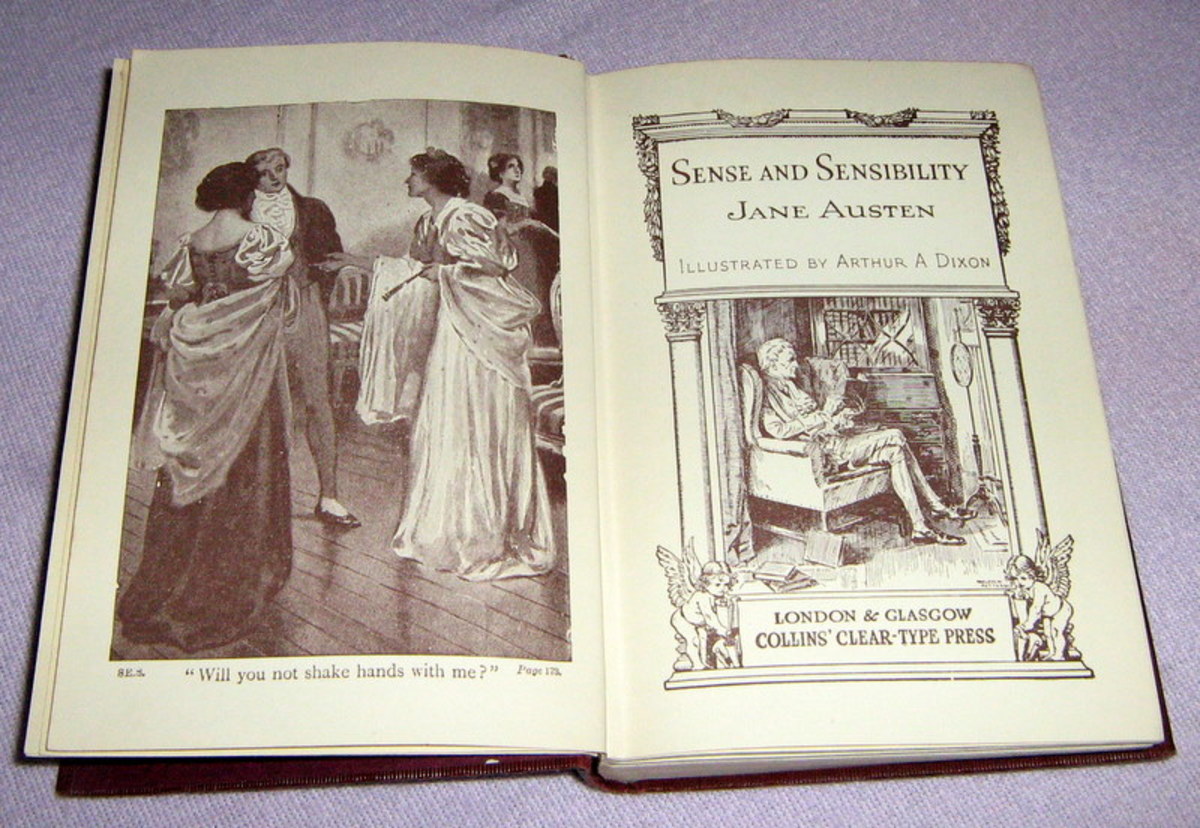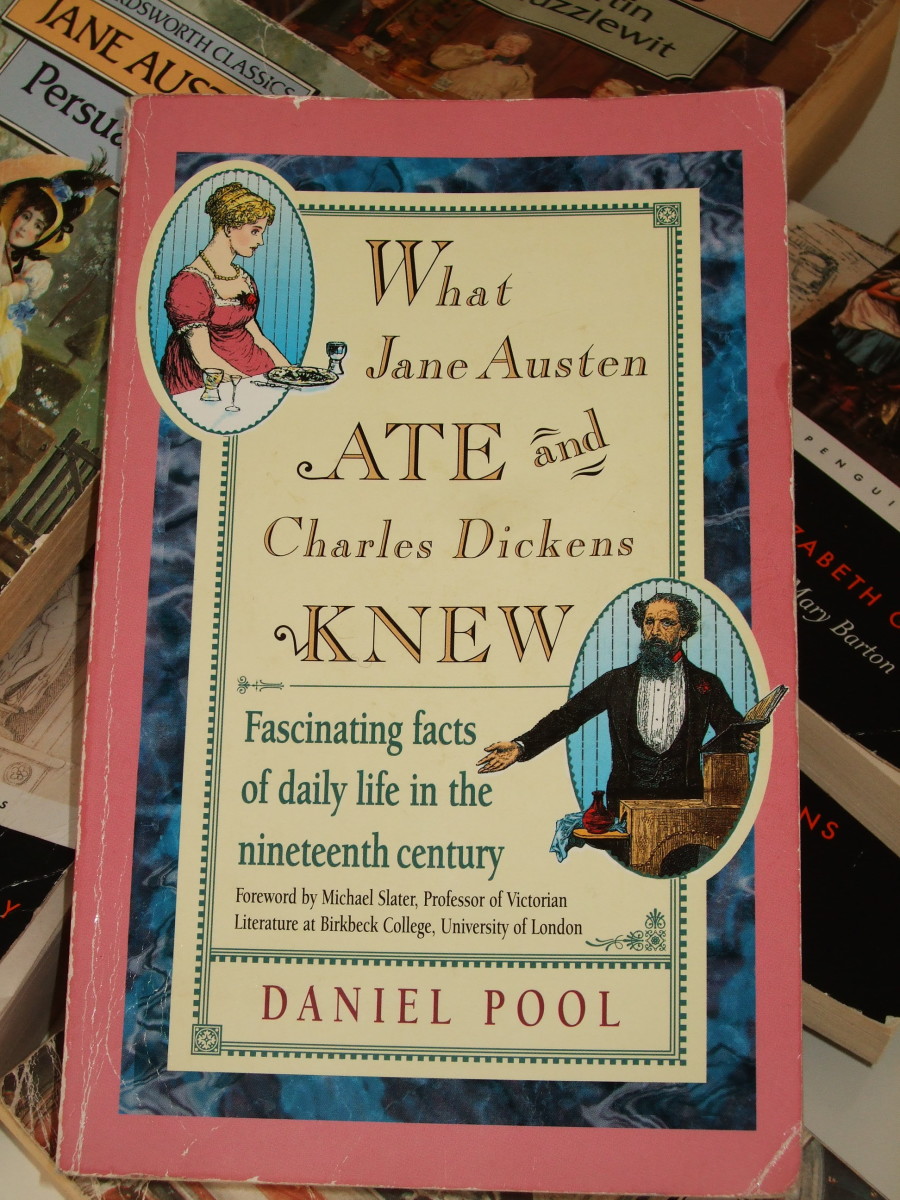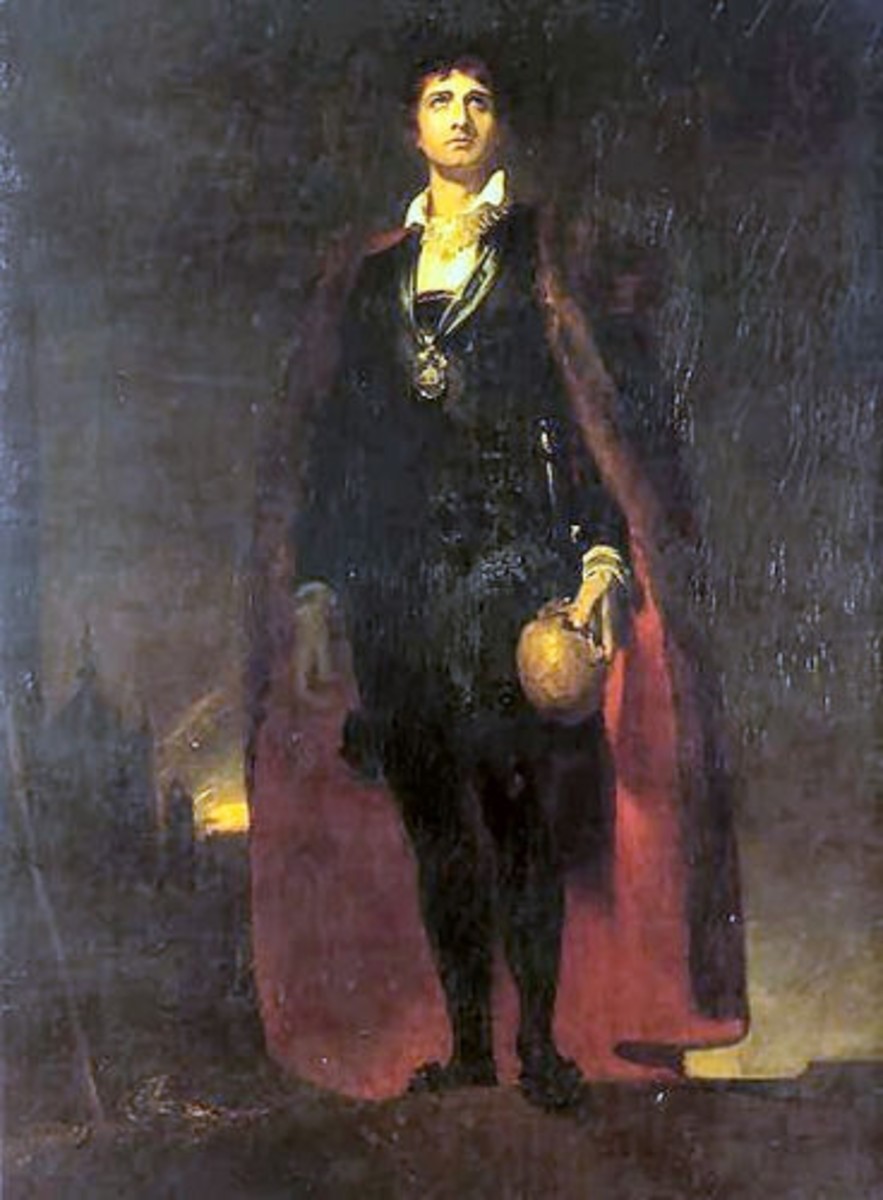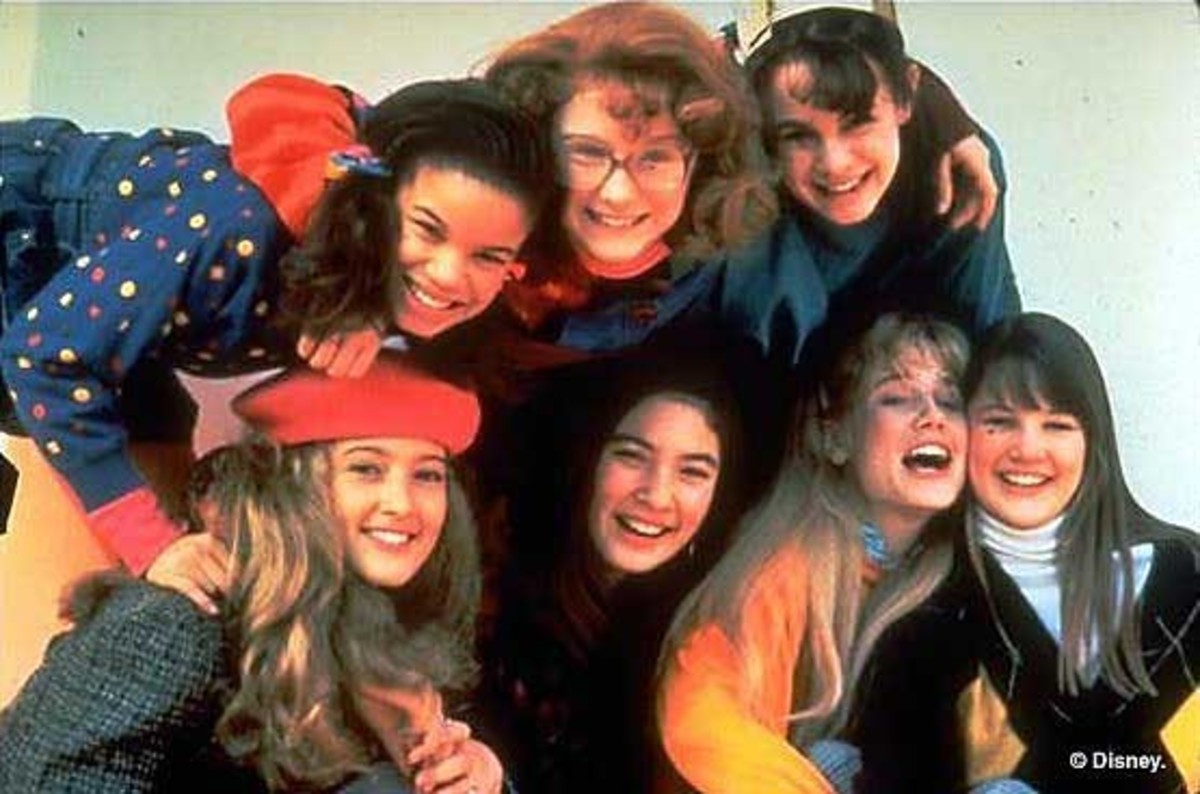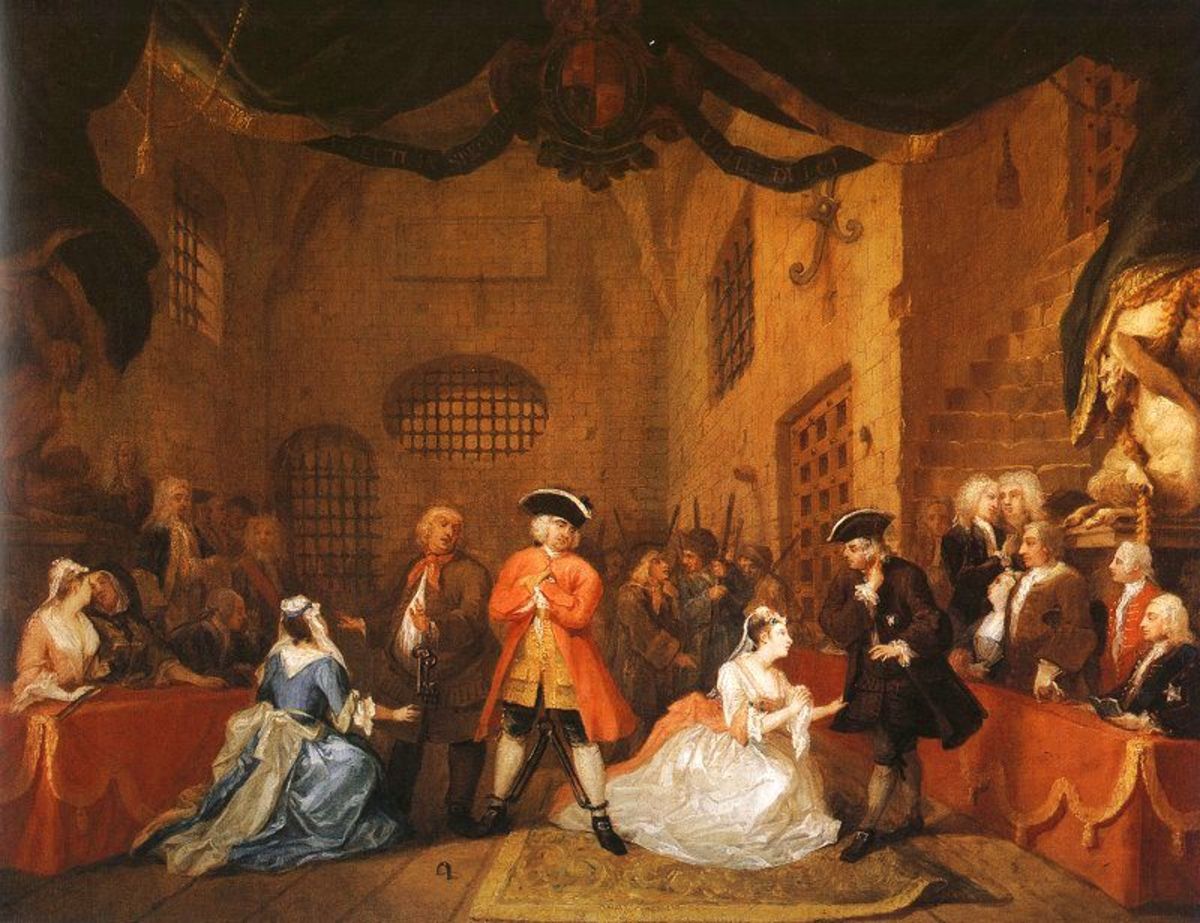- HubPages»
- Books, Literature, and Writing»
- Literature»
- English Literature
Jane Austen and the Reality of Marriage
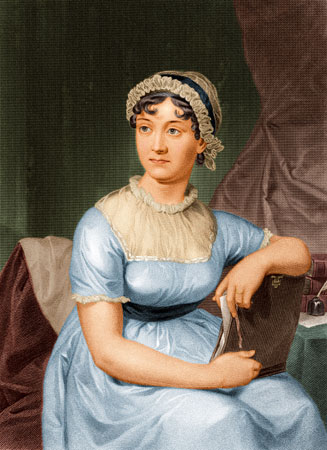
Love vs Reality
According to Jane Austen’s letters, she was generally in favour of basing a marriage on love. Yet she also recognises the realities of the nineteenth century where women were often faced with poverty if they did not marry. By taking some of her key statements in her letters, and comparing them with marriage in Pride and Prejudice we can perhaps better understand the reality of marriage in her time, and why people made the decisions they did.
Through her fictional characters, Austen demonstrates the many faces of nineteenth century marriage. The reasons for getting married were many, but economics played a major role and helped to define the culture of the era. Although Miss Austen never married, and she seemed content with her decision, she had a great deal to say about it. In her letters we are presented with her thoughts and privy to her observations of the institution. While she discusses many aspects of courtship and marriage in many letters, letters 48, 80, and 83 make specific statements.
Letters and Fiction
In letter 48 Austen writes, “Marriage is a great improver”. She speaks in a material sense here, and despite the usual trend of the woman’s worth increasing because of marriage, this letter provides two examples of the reverse situation. In Pride and Prejudice Wickham exemplifies this, yet only through an agreement with Darcy, and with Darcy’s money. Lydia Bennet had no great family assets with which to encourage Wickham’s desire to marry her. Wickham would further benefit with the family ties created in Elizabeth’s marriage to Darcy.
In letter 80 Austin advises her niece Fanny “not to commit yourself further … unless you really do like him”. Further to this she adds, “Anything is to be preferred or endured rather than marrying without affection” (Letter 80). Fictionally, she demonstrates this through Charlotte’s marriage where soon after marrying we see the consequence of “marrying without affection”. When Mr Collins is not present Elizabeth notes “Charlotte’s evident enjoyment of it” (Austen 131), and because divorce was only achieved through an act of parliament, Charlotte’s situation was unlikely to change. Where Charlotte held no pre-marital affection for her husband, the Bennets’ and Wickhams’ marriages began with what can be described as a surface affection. Yet this was not destined to last.
Concerning the Bennet’s pre-marital affection we are told that Mr. Bennet was “captivated by youth and beauty [and] appearance of good humour” but that “a woman whose weak understanding and illiberal mind … put an end to all real affection for her” (Austen 194). So too did the same fate await the Wickhams where Austen writes in Pride and Prejudice that “this affection … sank into indifference, her’s lasted little longer” (Austen 311). Austen illustrates that marriage without a genuine love will eventually debase all parties concerned. Mr. Bennet had discovered that Mrs. Bennet’s “folly contributed to his amusement” (Austen 194), and Wickham often “enjoy[ed] himself in London and Bath” (Austen 311) – without his wife of course. Such attitudes and behaviour hardly contributes to a positive growth of union or character. While Jane Austen preferred to see a marriage based on real affection, she readily recognises that due to the politics and economics of her time, this was seldom feasible.
In Letter 83 addressed to Fanny she admits that “single women have a dreadful propensity for being poor” and this fact supports the “strong argument in favour of matrimony” . Such is the case for Charlotte. Lloyd Brown notes in his essay “The Business of Marrying and Mothering” that “Charlotte’s sense of choice has been severely limited” and is “a pathetic reflection … of young women like herself” (Brown 33). If not for Darcy and Bingley the economic situations of both Elizabeth and Jane would be far different as well. Despite this wealth of writing on the subject of marriage, Austen never married.
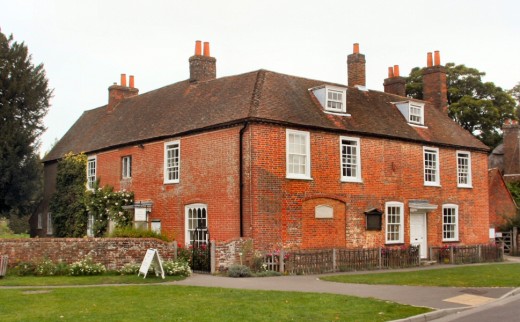
Single Life
Due to a lack of evidence, reasons for her refusal of a marriage offer from Harris Biggs-Wither in 1802 “are far from conclusive” (Kaplan 110). In her book Jane Austen Among Women Kaplan believes marriage may have stunted Austen’s writing, and that “a single life would have been the only strategy for serious writing available to a woman with a strong allegiance to the gentry’s culture” (Kaplan 117). In fact in a letter written many years after the proposal Jane states “Composition seems to me Impossible, with a head full of Joints and Mutton & doses of rhubarb” (Letters, Chapman edition 466). This gives credence to the idea that she believed her writing took precedence over marriage.
And yet another possibility for her not marrying was a reluctance to participate in “role-playing that inevitably has a subordinating effect on the woman’s personality” (Brown 31). Again we find validity for this possibility in a letter to Fanny Knight where Austen writes “Oh what a loss it will be when you are married … when your delicious sense of play of mind is all settled down to conjugal & maternal affections” (Letters Chapman edition 478-9). Whatever her true reasons for remaining single were, we as readers have benefited from the extra time and energy she contributed to the literary world by remaining unwed.
Yesterday and Today
Western society today sees the ideal marriage as something based on love, but even today’s reality is similar to that of the nineteenth century. People get married for many different reasons, whether it be for love, money, power, or simple companionship. Like the nineteenth century too, a great majority of people today believe they aren’t complete without the benefit of marriage. Many facets of our media cater to, and expound, the idea. We only have to see the many similarities between Pride and Prejudice and Bridget Jones’ Diary to realise we are still consumed with finding and catching that someone “who will love [us] as warmly as possibly … so… [we] will feel [we] never really loved before” (Austen Letter 33).
Works Cited
Austen, Jane. Pride and Prejudice. Toronto: Penguin Books, 1996.
Austen, Jane. Letters. Ed. Brabourne. 8 Oct. 2004. <http://www.pemberly.com/
Janeinfo >
Austen, Jane. Jane Austen’s letters to Her Sister Cassandra and Others, ed. R.W.
Chapman, 2nd ed (1952;rpt. Oxford University Press, 1979).
Brown, Lloyd W. “The Business of Marrying and Mothering.” Jane Austen’s
Achievement. Ed. Juliet McMaster. London: The Macmillan Press Ltd, 1976.
Kaplan, Deborah. Jane Austen Among Women. Baltimore: The John Hopkins
University Press, 1992.
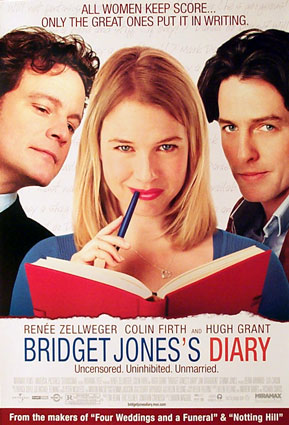
- Jane Austen -- Letters -- Brabourne Edition
Full text of 1884 Brabourne edition of Jane Austen's letters, mostly to her sister Cassandra; includes Brabourne's notes and appendices, and some links to other resources on the Jane Austen info site. - Marriage in the 19th Century
- Biographies: Jane Austen


